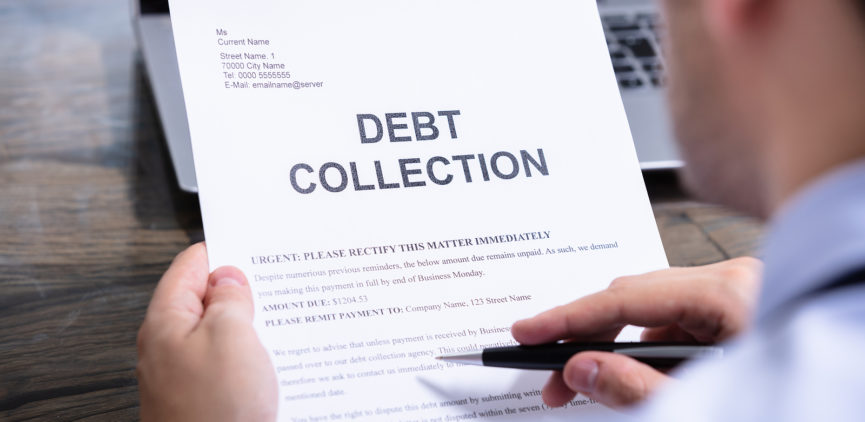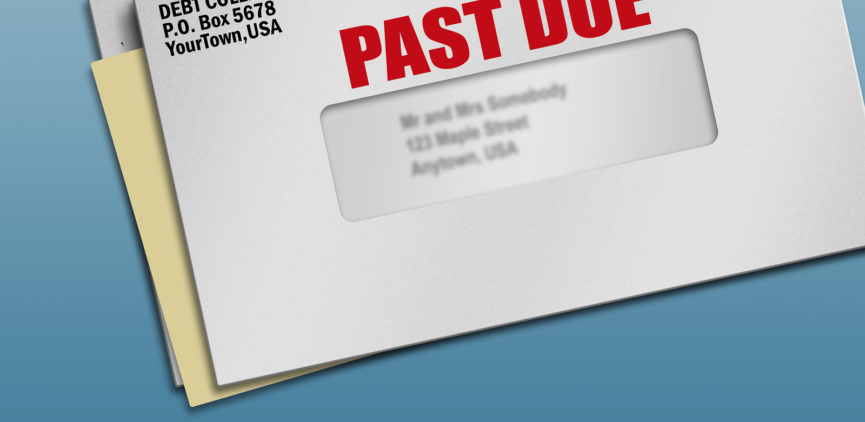Ask an Expert: What’s The Best Way To Deal With Bad Debt?
The NFCC often receives readers questions asking us what they should do in their money situation. We pick some to share that others could be asking themselves and hope to help many in sharing these answers. If you have a question, please submit it on our Ask an Expert page here.
This week’s question: What’s the best way to deal with bad debt (written off) that is 3 years old? Do you settle? Pay in full? Or wait out the remaining 3-4 years? No company has attempted to sue to my knowledge.
Usually, the best way to deal with bad debt is to pay it off the entire balance if possible. In comparison, most experts agree that settling your debt will not have the same positive influence on your credit. If collection accounts are likely to remain on your credit report for a long time, settlement may be worth another look. Therefore you should consider settling if you cannot afford to pay in full or your credit is already severely damaged.
While it’s unclear that the lack of notification from debt collectors is a sign that steps haven’t been taken to recover the balance through the legal system, there’s no guarantee that those steps might not be taken if they haven’t already begun. Waiting out the remaining three to four years can probably get you to a point where those accounts won’t have the same adverse impact on your credit as they have at the moment, but there’s the risk that they may pursue legal action before the statute of limitations prevents them from doing so, even after the accounts are no longer reported in some cases.
What is the statute of limitations of debts?
The statute of limitations of debts is the timeframe a creditor or collector can legally sue you to collect payment. They have to follow due process and notify you about their intentions to take you to court. If they succeed and a court enters a judgment against you, the debt collector can levy your bank accounts or garnish your wages to repay what you owe.
The statute of limitations varies in each state, and it depends on the type of debt and contract you have. In some states, it can be only four years, while in others, it exceeds 10. So, it’s essential to know the statute of limitations in your state. The best way to get this information is to call your state attorney’s office or ask a consumer debt attorney. To determine when the statute of the limitations clock started on your debts, check your credit reports and start counting from the date of last payment or activity in your accounts.
Know everybody’s options
Knowing what your creditors and collectors can legally do to recover these debts can help you plan your strategy. If your account has reached the age and criteria established by the statute of limitations, your creditor cannot take legal actions against you to collect. You are then able to allow your debts to remain on your credit reports until they are beyond the age where they can be listed. But, if your statute of limitations has not expired yet, your collector can still sue and get a judgment against you even if the debt is no longer on your credit reports. Judgments are no longer added to the public record section on credit reports. While that may be helpful for your credit rating it doesn’t diminish the financial impact that may result from wage garnishment or liens.
Even if the statute of limitations expires, you still owe the debt, and it’s up to you to decide how to best address your obligation to repay what you borrowed. So, your best course of action still is to pay in full, move forward, and start rebuilding your credit. Good luck.
The post Ask an Expert: What’s The Best Way To Deal With Bad Debt? appeared first on NFCC.
Read more: nfcc.org





